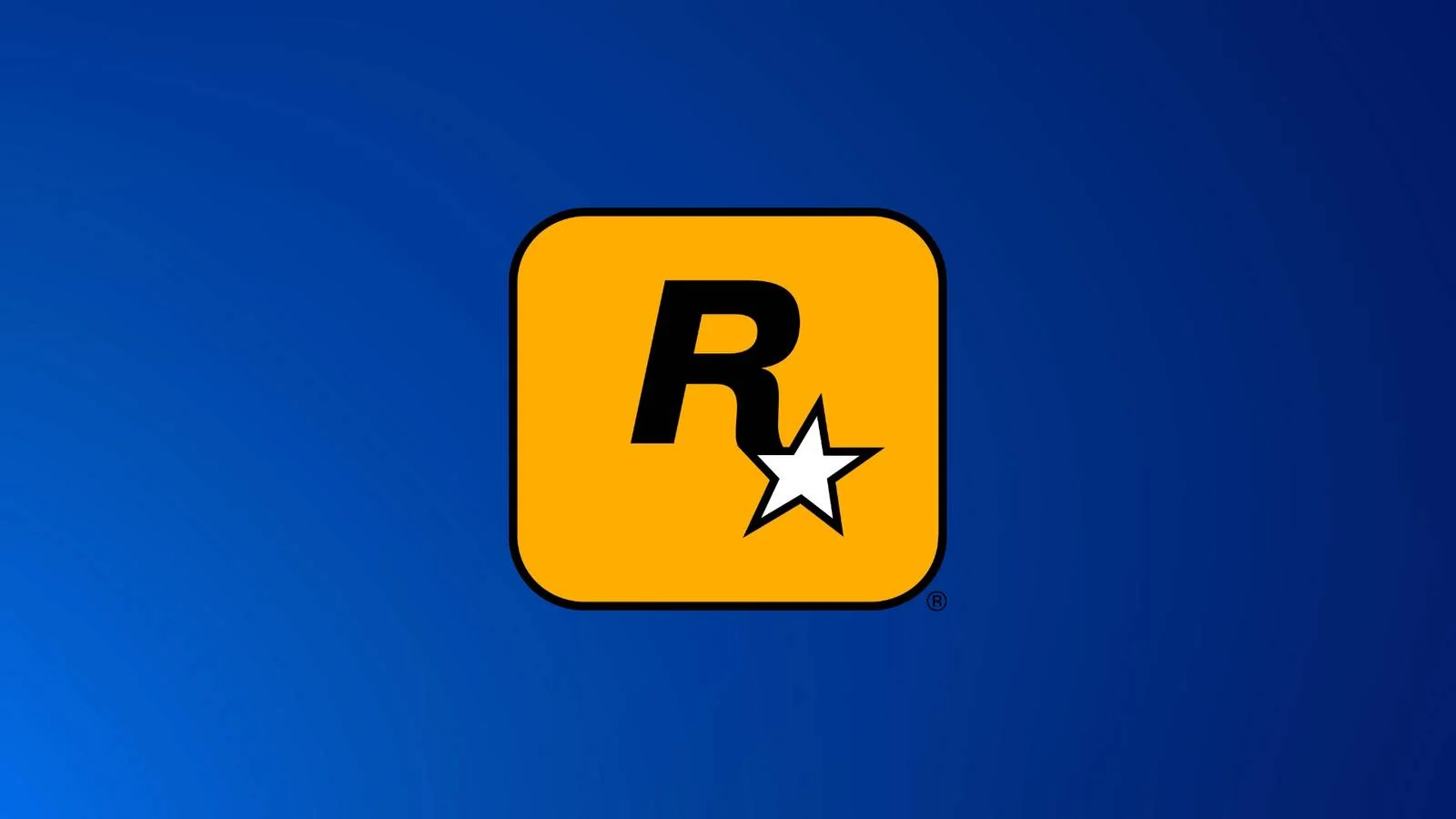For years, Agent was one of gaming’s greatest mysteries — a shadowy project from Rockstar Games that was once touted as a “genre-defining” PlayStation 3 exclusive. Announced back in 2009 at E3, Agent promised Cold War espionage, political intrigue, and the open-world freedom that made Rockstar famous. Yet after years of silence, trademarks, and fan theories, the game simply vanished.
Now, more than a decade later, Rockstar’s co-founder Dan Houser has finally broken his silence, offering the first clear explanation for why Agent never saw the light of day.
🕵️♂️ The Secret History of Agent — Rockstar’s Lost Espionage Epic
When Agent was first revealed, it immediately captured imaginations. Rockstar described it as a spy thriller set during the height of the Cold War, mixing real-world espionage with the studio’s signature open-world gameplay.
The project was developed primarily at Rockstar North, the same team behind Grand Theft Auto V and Red Dead Redemption 2, and was meant to showcase what the PS3 could do at the time. In 2009, the studio even called it “a genre-defining experience,” suggesting ambitions far beyond a simple stealth game.
But after that initial teaser, Agent disappeared from the public eye. A few scattered leaks — concept art, a logo, and a handful of screenshots — hinted that development had once been active, yet no official updates ever came.
As Rockstar’s focus shifted toward GTA V, fans began to suspect that the spy project had quietly been shelved. By 2021, the company officially removed Agent from its website, confirming what many had long suspected: Agent was dead.
Until now, the reasons behind its cancellation remained a mystery.
💬 Dan Houser Opens Up: “It Never Quite Came Together”
In a recent interview with Lex Fridman, Rockstar co-founder Dan Houser offered rare insight into the studio’s decision to cancel Agent. For the first time, he discussed the game’s troubled production and the creative roadblocks that kept it from ever reaching completion.
“We worked a lot on multiple iterations of an open-world spy game,” Houser explained. “And it never came together.”
According to Houser, Agent went through five different iterations over several years, each one exploring new directions, mechanics, and settings. However, the team struggled to find a gameplay loop that made sense for a sprawling open-world espionage story.
Houser drew comparisons between spy movies and open-world games, noting how the pacing of the two genres simply didn’t align.
“Espionage films are very frenetic — you’re racing against time, moving from one crisis to another, saving the world,” Houser said. “An open-world game has moments like that, but much of it is slower, looser, and more exploratory. The tones didn’t match.”
In short, Rockstar could never reconcile the tight structure of a spy thriller with the freedom of an open world. The result was a concept that looked brilliant on paper but failed to translate into engaging gameplay.
🧩 Five Iterations, One Unsalvageable Concept
Houser’s comments shed light on how far Rockstar actually went before abandoning Agent. The game wasn’t a one-off experiment — it was a project that evolved repeatedly over nearly a decade.
Each version attempted to blend open-world mechanics with the covert, globe-trotting action of films like James Bond, The Bourne Identity, and Tinker Tailor Soldier Spy. But every attempt hit the same creative wall: making a spy story feel dynamic in a sandbox environment.
“We kept rethinking the formula,” Houser admitted. “But it just never found its feet.”
Eventually, the team made the difficult decision to stop iterating and move resources toward other projects that had clearer identities — namely Grand Theft Auto V and Red Dead Redemption 2.
🎮 The Open-World Problem: Why Spy Games Are So Hard to Make
Houser’s reasoning touches on a larger issue within game design. Espionage games traditionally rely on tight narratives, carefully scripted missions, and cinematic tension — all of which can be difficult to balance within a massive open world.
Unlike GTA or Red Dead, where players are encouraged to cause chaos and experiment, a spy game demands stealth, subtlety, and precision. That inherently limits player freedom — the very foundation of Rockstar’s design philosophy.
Houser explained that Agent’s structure simply couldn’t maintain the pace or tension of a good spy story without sacrificing the open-world experience players expected from Rockstar.
In essence, Agent was a creative paradox — too big to be a linear spy thriller, but too structured to be a true sandbox.
🏰 The “Knights” Game That Never Was
Interestingly, Agent wasn’t the only ambitious concept that Rockstar explored and later scrapped. Houser revealed that the studio also considered making a medieval-themed game centered around knights and castle warfare.
While he didn’t go into much detail, Houser admitted that this project — like Agent — ultimately went nowhere. Both ideas showed potential but failed to align with Rockstar’s strengths or gameplay identity.
“We had some really interesting ideas,” Houser said. “But we didn’t want to force them if they weren’t working.”
The decision to double down on franchises like Grand Theft Auto and Red Dead Redemption ended up being the right one. Both series went on to become cultural juggernauts, with record-breaking sales and critical acclaim.
💰 Rockstar’s Focus Shifted to Proven Success
The cancellation of Agent came at a time when Rockstar was pouring enormous resources into GTA V. Released in 2013, that game went on to sell over 215 million copies, becoming one of the best-selling and most profitable entertainment products of all time.
Red Dead Redemption 2 followed in 2018, moving over 77 million copies and cementing Rockstar’s position as one of the most consistent studios in gaming history.
When faced with the choice between a risky experimental project and proven blockbuster franchises, it’s easy to see why Rockstar prioritized the latter.
🕹️ Why Agent Still Fascinates Fans
Even after its cancellation, Agent remains one of the most intriguing “what-ifs” in modern gaming. The very idea of a Cold War spy thriller crafted by the studio behind GTA and Red Dead still sparks curiosity and nostalgia.
Concept art that leaked years ago showcased environments resembling 1970s-era Europe, with sleek architecture, classic cars, and Cold War symbolism. Fans speculated that players would take on the role of a covert operative uncovering political conspiracies, perhaps with missions spanning multiple countries.
While we’ll never see how that vision would’ve played out, it’s easy to imagine Agent as a unique hybrid of Hitman, Metal Gear Solid, and GTA.
In many ways, the game’s mystique has only grown over time — precisely because it never existed.
⚙️ Dan Houser’s Next Chapter After Rockstar
Since leaving Rockstar in 2020, Dan Houser has launched a new studio called Absurd Ventures, which aims to create “narrative universes” across multiple mediums, including games, books, and film.
Given Houser’s storytelling pedigree, many fans wonder if Agent’s DNA might one day resurface in some form — perhaps reimagined through Absurd Ventures or another studio.
While Houser hasn’t suggested any direct revival, his creative interests still align closely with Agent’s espionage themes: complex morality, political intrigue, and flawed human characters.
🔮 Looking Ahead: The Future of Rockstar Games
As for Rockstar itself, the studio’s attention is now fully locked on Grand Theft Auto VI, set to release on May 26, 2026. Expectations are astronomical, with analysts predicting it could become the biggest entertainment launch in history.
Given that scale, it’s unlikely Rockstar will revisit Agent anytime soon. But the lessons learned from its cancellation — and the honesty from Houser’s recent reflections — highlight how even the most successful developers face creative dead ends.
Sometimes, even the world’s biggest studio can’t make every great idea work.
🧭 Final Thoughts: Agent’s Legacy Lives On
The story of Agent is both a cautionary tale and a testament to creative ambition. It’s proof that not every brilliant concept can become a playable reality — and that even the best studios must sometimes let go of ideas that don’t fit.
Dan Houser’s recent comments finally close the book on Agent’s long-running mystery. While the spy game may never resurface, its legend endures as a glimpse into what might have been: Rockstar’s boldest experiment that never made it past the drawing board.
And perhaps that’s what makes Agent so fascinating — a reminder that even in a world of sequels and success stories, there’s still room for mystery.

